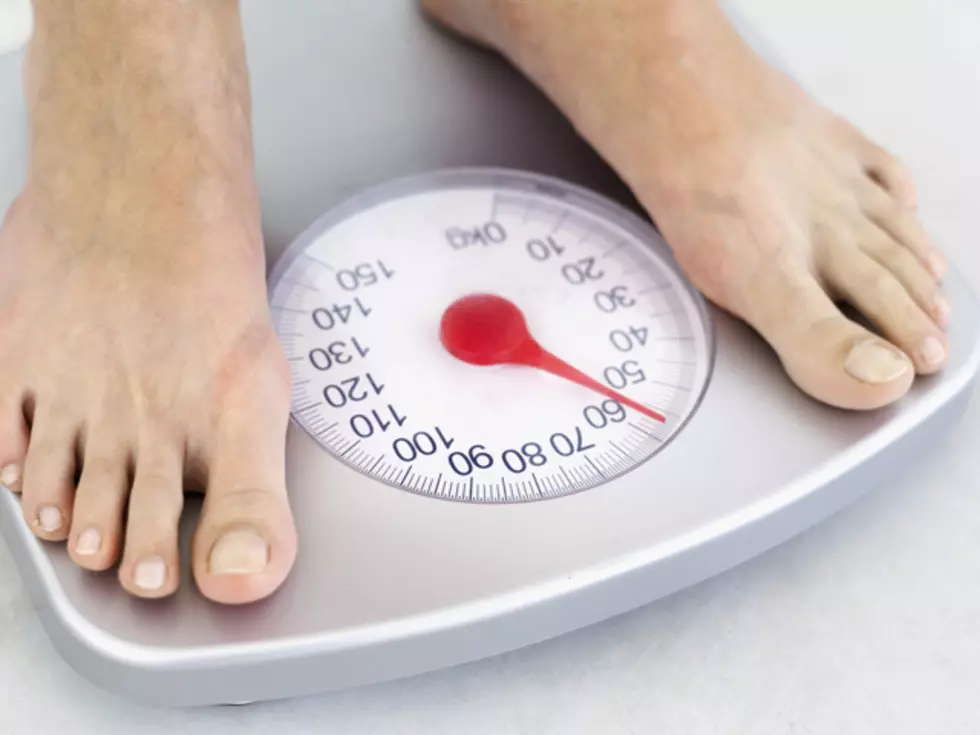
Blood Test for Depression in the Works
It may eventually be possible to diagnose depression with a simple blood test, according to a new study published in the journal Molecular Psychiatry.
In a pilot study with 36 adult volunteers, researchers at Massachusetts General Hospital in Boston analyzed the levels of nine biomarkers that could distinguish patients who had a major depressive disorder from those who did not. These biomarkers were associated with inflammation, neuron development and stress response in brain structures.
The blood test results were then scored on a customized scale created for the study, and depression was accurately found in 90 percent of previously diagnosed depressed patients.
“Traditionally, diagnoses of major depression and other mental disorders had been made based on patients’ reported symptoms, but the accuracy of that process varies a great deal, often depending on the experience and resources of the clinician conducting the assessment,” said Dr. George Papakostas, lead author of the study, in a statement. “Adding an objective biological test could improve diagnostic accuracy and may also help us track individual patients’ response to treatment.”
Dr. Harold Koenig, a professor of psychiatry and behavioral sciences at Duke University Medical Center, said that because many patients deny they are depressed because of the stigma associated with depression, a blood test could be useful in removing the shame and might lead to more people being treated.
But at the same time, he said, there could be a downside.
“[Some] patients might truly have depression and have a negative test, and then their symptoms might be discounted by family members and by health professionals … This could place a huge burden on patients who are already suffering,” he added.
More From KSEN AM 1150







![Super Bowl 2012 Commercials — Watch Every Single Ad [VIDEOS]](http://townsquare.media/site/126/files/2012/02/super-bowl-commercials.jpg?w=980&q=75)


